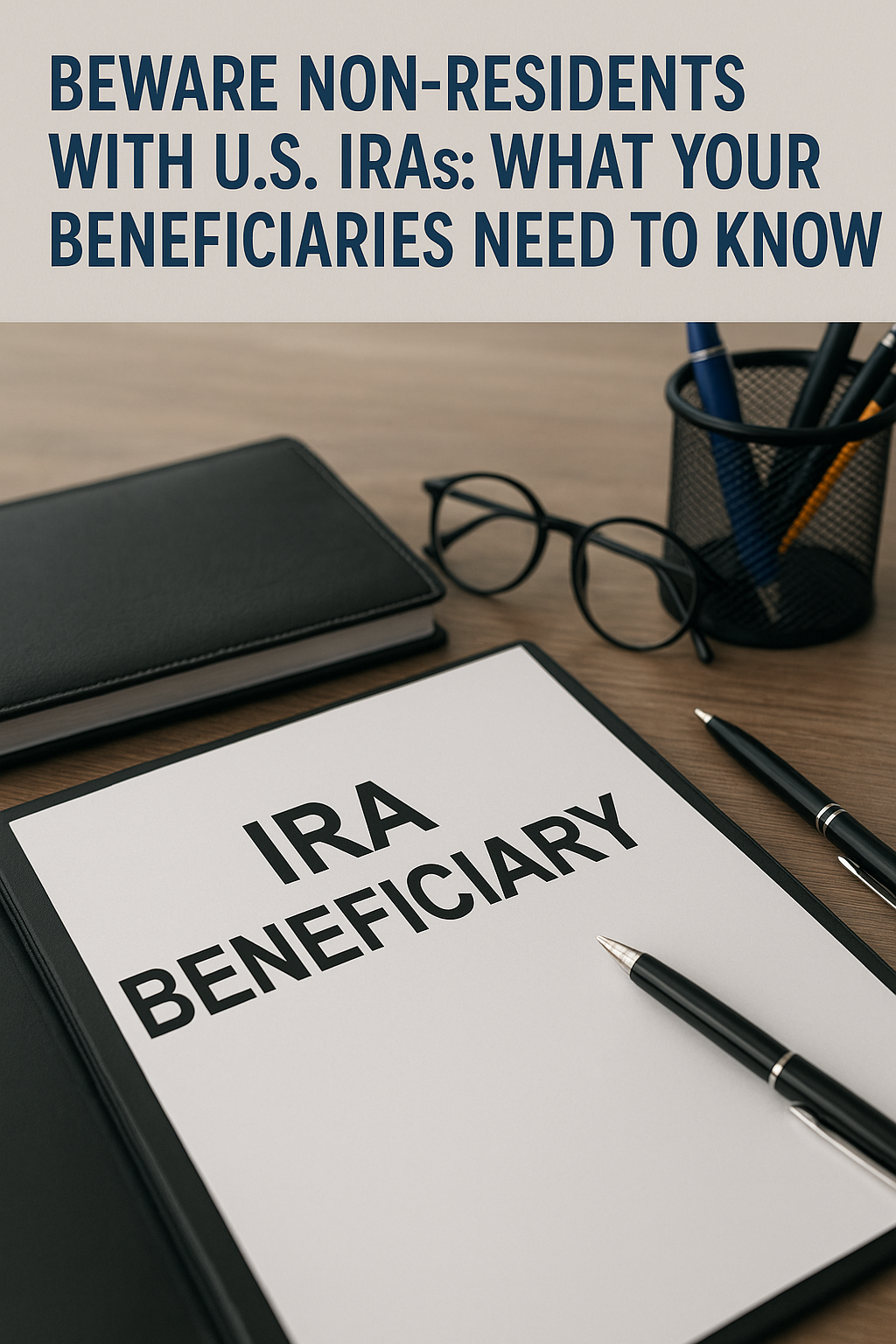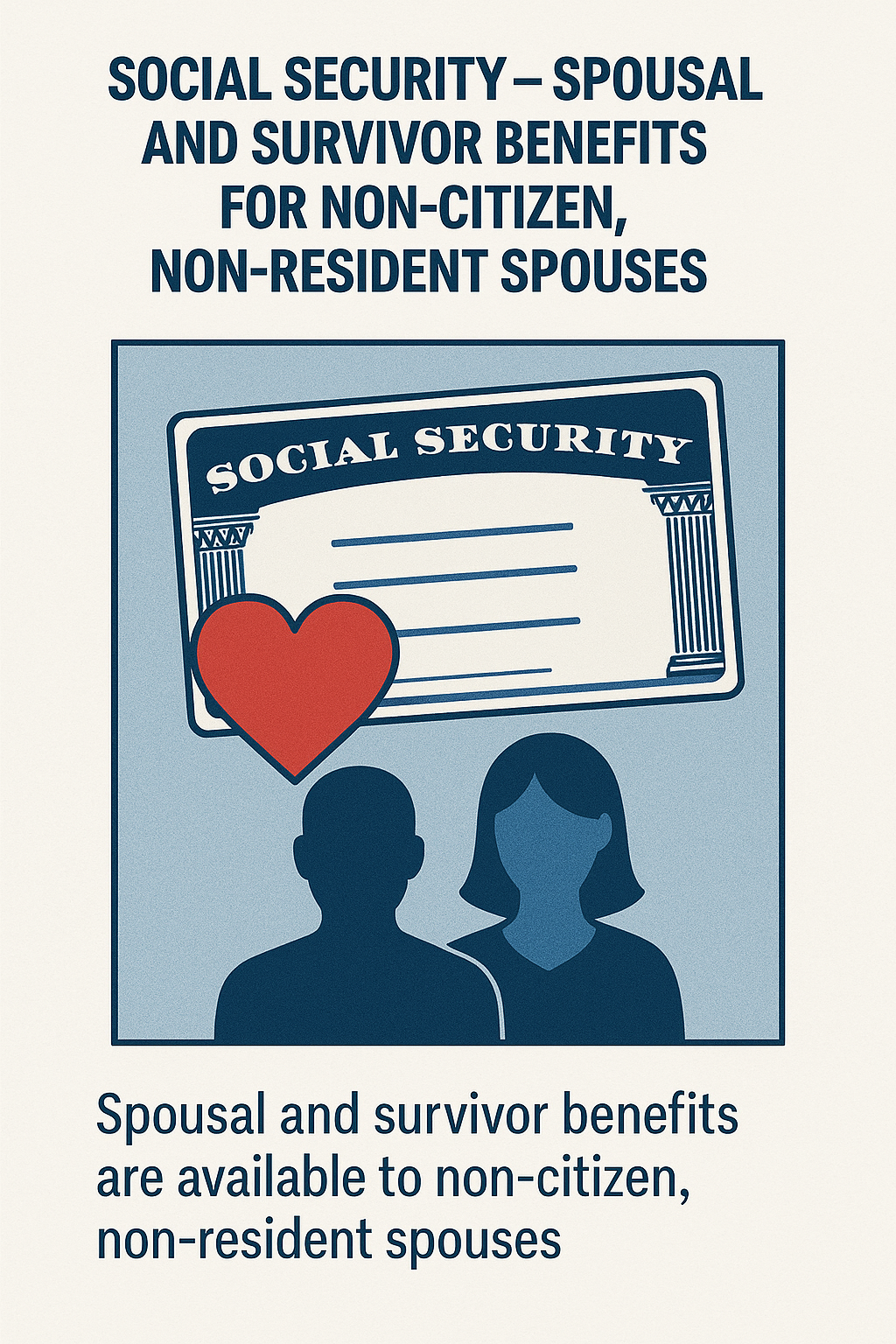What to Do with Your Health Savings Account (HSA) When You Move to Canada:

Health Savings Accounts (HSAs) offer a remarkable financial advantage by merging unique tax benefits. As I explore this topic, I’ve found that contributions to a health savings account are tax-deductible, which provides immediate financial relief. Additionally, the investment earnings from these accounts grow without being taxed, allowing my savings to compound more effectively over time.
I appreciate how health savings accounts also permit tax-free withdrawals for eligible medical expenses, aligning with both traditional and Roth IRA benefits. In my view, the absence of required minimum distributions sets health savings accounts apart, offering flexibility that enhances my financial planning strategy and potential estate benefits. This flexibility ensures that my HSA funds can grow and be utilized effectively, serving me well through different life stages.
Tax Implications for HSA’s and Accounts
In understanding the tax implications of different accounts, I find that Health Savings Accounts have some interesting features. health savings accounts, like 529 plans for education, demand that withdrawals be used for qualified expenses to avoid taxes and penalties. However, health savings accounts stand out because after age 65, I can withdraw funds for any purpose without facing penalties, although such distributions are taxed similarly to those from a traditional IRA. If I use these funds for qualified medical expenses after turning 65, I enjoy the benefit of tax-free distributions.
One highlight of health savings accounts is the “above-the-line” deduction they offer. This reduces my Adjusted Gross Income (AGI) without any income limits, which is different from itemized deductions. This type of deduction remains accessible regardless of whether I take the standard deduction or not. Unlike typical medical expense deductions, the amount hinges on my health savings account contributions.
A visual aid showcases some of these differences, emphasizing the strategic benefits health savings accounts can offer, especially for individuals with high income or those provided with executive compensation packages.
When comparing health savings accounts to other accounts like IRAs, one should note that while both offer above-the-line deductions, IRAs may encounter income restrictions, particularly if I participate in an employer-sponsored retirement plan. For someone like me, who might be enrolled in a High Deductible Health Plan (HDHP), health savings accounts present a viable method for tax efficiency. However, I must be aware that being on Medicare or having employer-provided retirement health benefits disqualifies me from contributing to an health savings account.
Provincial Healthcare Plans
When looking at provincial healthcare plans in Canada, it’s important to understand how they differ from U.S. health plans. Provincial healthcare plans, which are provided by individual provinces and territories, typically cover essential medical services such as doctor visits, hospital stays, and certain surgeries. However, they do not meet the criteria for High Deductible Health Plans (HDHP), which is necessary for contributing to a Health Savings Account in the U.S.
One key aspect is that contributions to health savings accounts are not tax-deductible in Canada. This is significant because even if you’re a dual resident benefiting from U.S. tax laws, Canada’s higher tax rates and foreign tax credit systems often cancel out those benefits. Moreover, health savings accounts are not recognized under the Canada-U.S. Tax Treaty, which means any investment income earned within an health savings account becomes taxable in Canada.
For those moving to Canada with an existing health savings account, it’s generally wise to keep the account and use it for healthcare expenses in both countries as soon as possible. While most medical expenses in Canada are similar to those in the U.S., using the funds quickly is advised due to several complications:
- Tax Complexity: I find it challenging because health savings accounts are treated as taxable accounts in Canada. I have to manually calculate investment income, convert it to Canadian dollars, and report it correctly for Canadian taxes.
- Limited Provider Options: Many U.S. banks have placed restrictions on health savings accounts. Some require minimum balances or limit investment options based on your address.
- Investment Constraints: If options for equity investments are restricted, the investment income might not justify the additional tax filing burden.
- Debit Card Issues: I noticed that some providers won’t send replacement debit cards to a Canadian address, making access to funds more complex. It’s useful to keep receipts for medical purchases as alternative methods, like checks or online transfers, may be necessary.
Overall, understanding these issues can make managing health accounts more effective while living in Canada.
HSA’s vs. RESP’s

When I look at Health Savings Accounts and Registered Education Savings Plans (RESPs), I notice some key differences that impact their usefulness in Canada and the U.S. health savings accounts are popular in the U.S. for healthcare savings due to their tax benefits. Yet, once moved to Canada, the investment income from an health savings account becomes taxable and complicates tax filing. The advantage is less clear due to these cross-border tax issues.
On the other hand, RESPs are designed for Canadian residents to save for education. Contributions grow tax-free, and withdrawals are taxed under the student’s income, which is usually lower. Unlike health savings accounts, RESP contributions don’t face cross-border taxation issues.
Therefore, I often find that RESPs are more beneficial for Canadians focused on education savings, while health savings accounts might be better for those who may return to the U.S. or who have healthcare costs in Canada.
Cross border Lifestyles
Navigating cross-border lifestyles requires careful planning. I always recommend consulting a cross-border financial specialist to optimize your financial situation. This is essential for minimizing tax liabilities and avoiding potential pitfalls.
From moving between Canada and the U.S., I provide expert guidance tailored to your needs. If you’re crossing the 49th Parallel, feel free to reach out for assistance. Whether you’re transitioning from the Desert to the Tundra, I am here to support your cross-border retirement journey.
 alt="Cross border Lifestyles" />
alt="Cross border Lifestyles" />Frequently Asked Questions
Can I continue to contribute to my health savings account after moving to Canada?
When I move to Canada, I can no longer make contributions to my Health Savings Account. This is because I am not covered under a U.S. health plan anymore, which is required to maintain eligibility for a health savings account. More information on this can be found here.
Are health savings account disbursements for medical expenses incurred in Canada considered a qualified distribution?
Yes, disbursements from my health savings account can be used for medical expenses I incur in Canada. These are still considered qualified distributions, allowing me to use the funds tax-free for eligible healthcare costs.
How does the IRS treat an existing health savings account when the account holder becomes a Canadian resident?
Once I become a resident of Canada, my health savings account is viewed more like a regular taxable investment account by the IRS. This means any earnings in the account may be subject to taxation as I am no longer eligible for the tax-free growth usually offered by a health savings account in the U.S. Further insights can be found in the Canada-U.S. context article.
Are there any tax implications for U.S. citizens using a health savings account for healthcare costs while living in Canada?
Yes, as a U.S. citizen living in Canada, I face potential tax implications with my health savings account. While I can still use the account for qualified medical expenses, tax reporting can become complex due to the changing status of the account. The Serbinski Accounting Firms discussion explains some of these nuances.
What are the options for managing an existing health savings account when relocating to Canada?
I have several options for managing my health savings account after moving. I can continue using it to pay for eligible expenses, or consider other financial moves, like drawing down the account or closing it. Each decision has its own benefits and challenges, as discussed in a forum thread about managing health savings accounts in Canada.
How might a TN visa holder’s health savings account be affected when they become a resident of Canada?
As a TN visa holder who becomes a Canadian resident, my health savings account will transition to a more tax-liable savings tool. I’ll need to be aware of both U.S. and Canadian tax obligations regarding the account. The potential tax implications and reporting requirements are laid out in more detail here.




